Apparently, religion isn’t the be-all and end-all of morality amongst humans.
Despite there being a “cross-cultural stereotype suggesting that atheists are untrustworthy and lack a moral compass”, a new study has somewhat proven that those not obeying certain religious rules do, in fact, have a moral compass.
In a paper published inPLOS One, investigating the relationship between moral values and religious belief or disbelief, researchers have exposed the results of four surveys of 4,622 atheists and theists across America and Sweden, analyzing the relationship between religious belief – or lack thereof – and moral values.
A recent study shed light on the links between religion, atheism, and morality
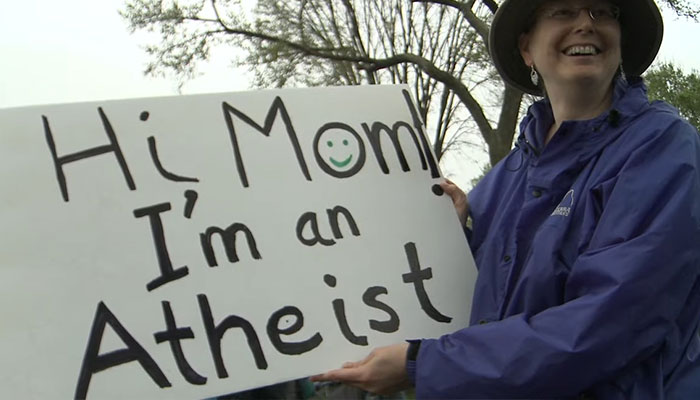
Theism has beendescribedas a religious belief system where a person believes in the existence of one or more deities.
Moreover, pure theism usually implies that someone feels that they know that their beliefs are justified. Meanwhile, atheism is a lack of belief in any deities.
Tomas Ståhl of the University of Illinois at Chicago and the author of the study,said: “The most general take-home message from these studies is that people who do not believe in God do have a moral compass.
“In fact, they share many of the same moral concerns that religious believers have, such as concerns about fairness, and about protecting vulnerable individuals from harm.”
“The most general take-home message is that people who do not believe in God do have a moral compass,” researcher Tomas Ståhl concluded
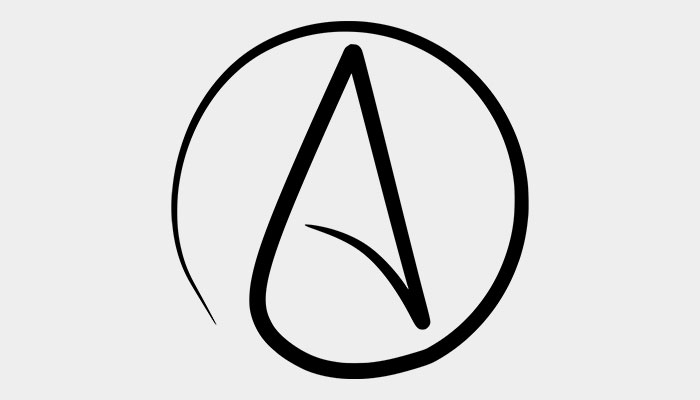
Image credits:Wikipedia Commons
Using Amazon’s Mechanical Turk platform, a website to crowdsource responses, researchers managed to retrieve data that suggested that religiosity was found to be unrelated to amoral tendencies and endorsement of Liberty/oppression, as well as individualizing moral foundations of care and fairness.
Nevertheless, those described as being atheists appeared to be less favorable of binding moral foundations such as deference to authority, sanctity, and in-group loyalty.
Researchers also took into account credibility-enhancing displays and perception of existential threat, trying to find out whether these elements had an influence on religious beliefs.
As a result, studies showed that credibility-enhancing displays involve important members of the community engaging in behaviors in service of religious beliefs that would be personally costly if the beliefs were false.
Additionally, the data suggested that less exposure to credibility-enhancing displays, lower perception of existential threat, as well as a more analytical cognitive style, were associated with a lack of religious belief.
Consequently, the results have revealed that atheists’ moral compass is just as good as the moral compass of theists.
The studies were conducted in a population of 4,622 atheists and theists across America and Sweden

Image credits:Noah Holm/Unsplash
The paper also disclosed that atheists are more likely to assess the morality of actions based on their consequences, whereas religious people tend to endorse moral values that promote group cohesion.
“Atheism merely implies the absence of religious belief, and says nothing about what positive beliefs the disbeliever holds,” Tomas added.
There havereportedlybeen widespread negative attitudes towards atheists worldwide.
A poll published in2019showed that an average of 45 percent of people across 34 countries say that belief in God is necessary to be moral and have good values.
Additionally, a2020 Gallup pollshowed that only 60 percent of respondents would vote for an atheist presidential candidate, whereas 95 percent would vote for a Catholic candidate, 93 percent would vote for a Jewish candidate, and 80 percent would vote for an evangelical Christian.
Religious and atheists had many interesting replies upon reading about the study
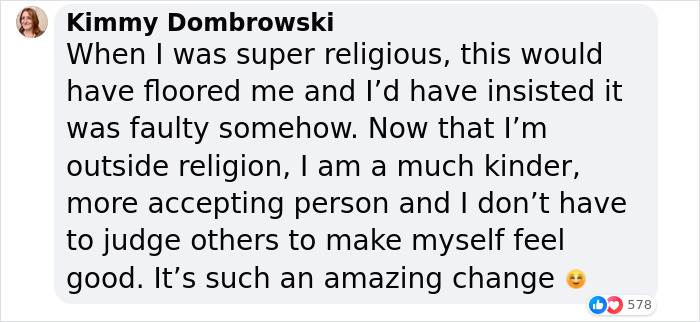

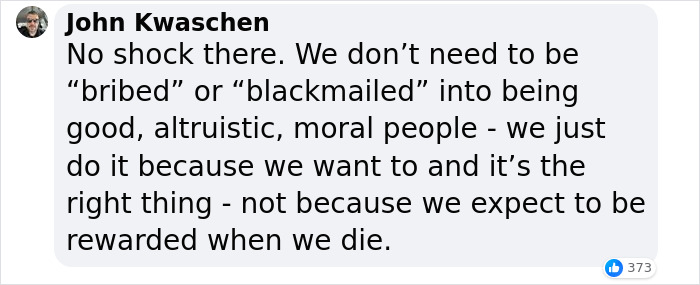





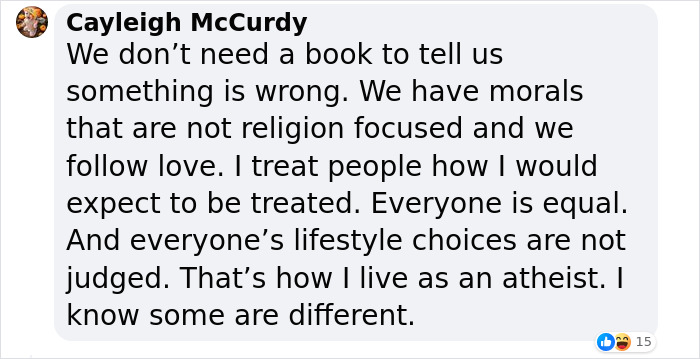
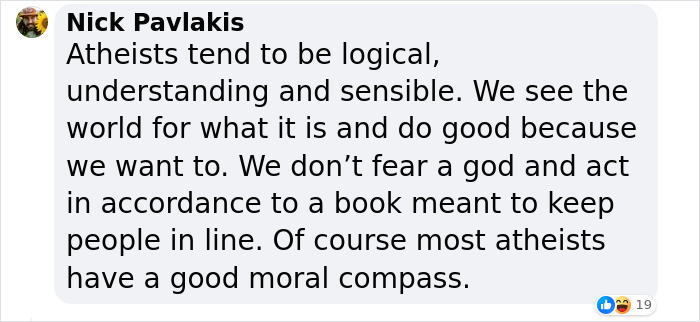




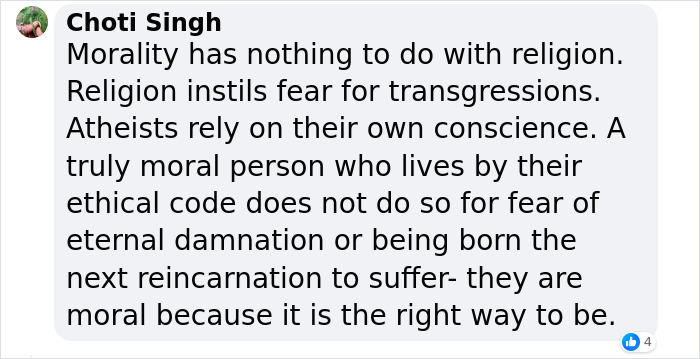 Lei RV
Lei RV
Renan Duarte
News